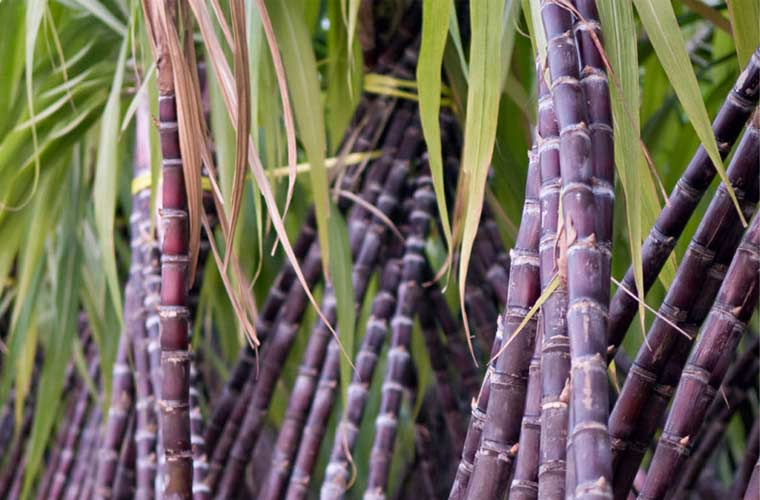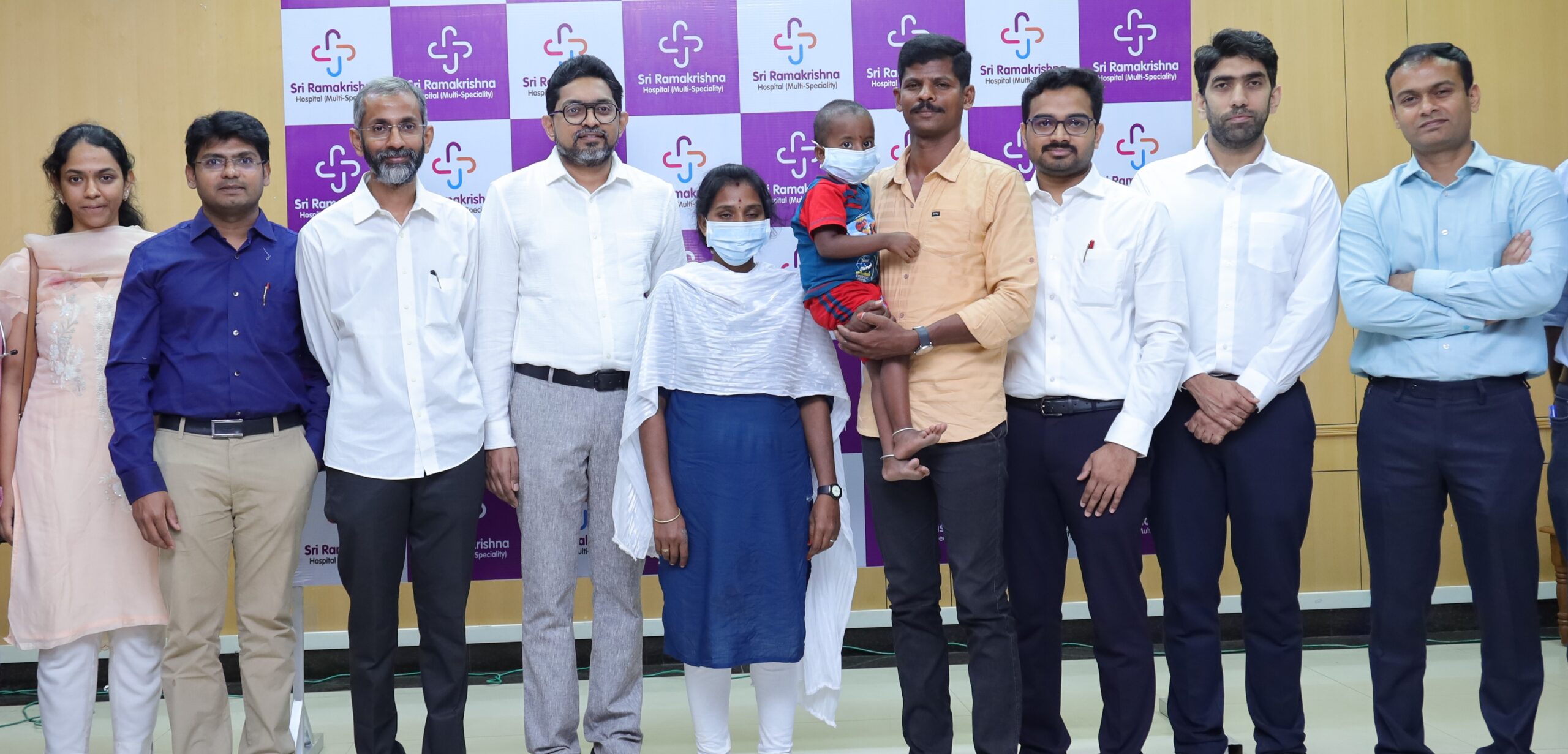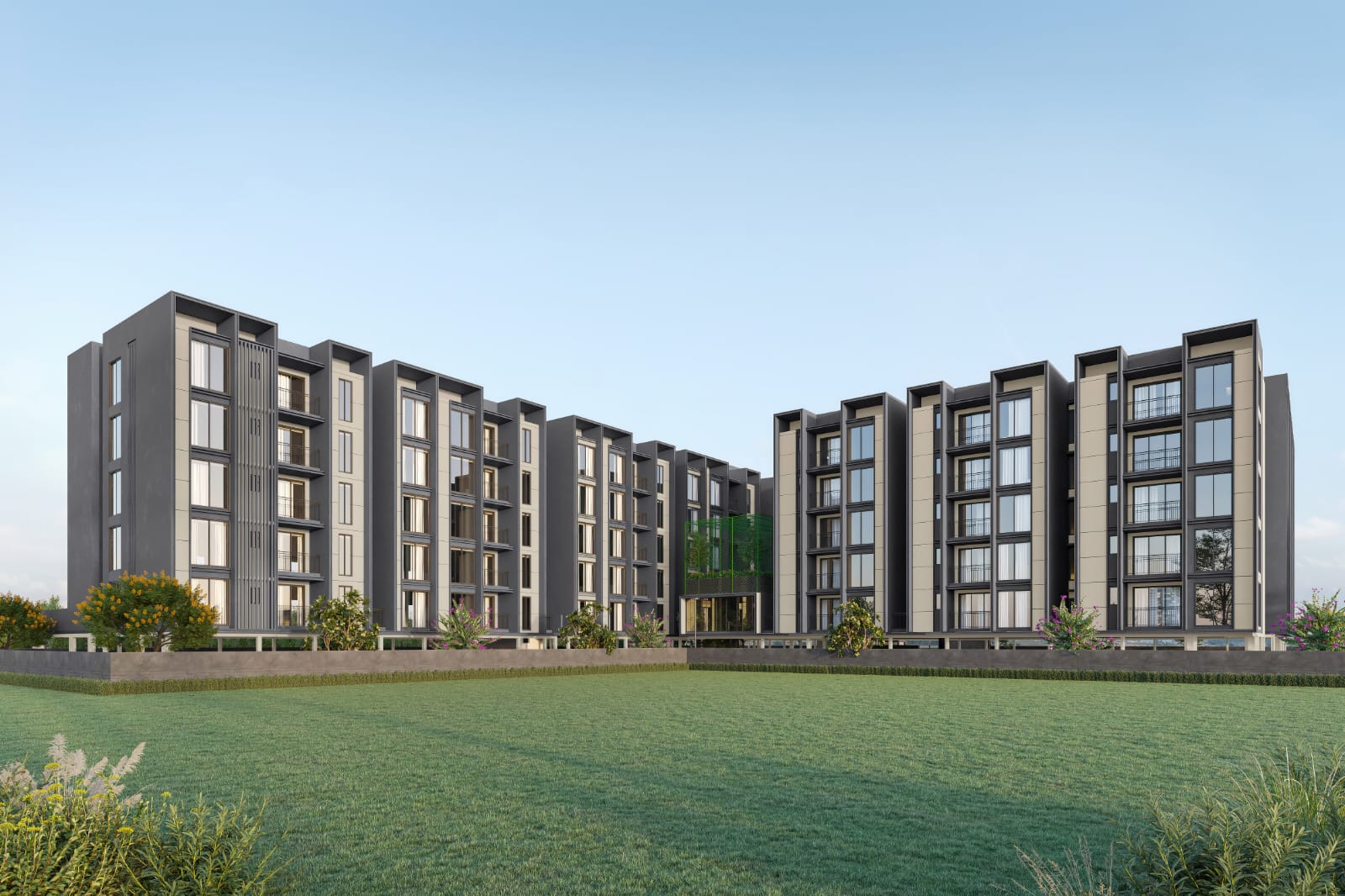Trending Now
- 830 voters names go missing in Kavundampalayam constituency
- If BJP comes to power we shall consider bringing back electoral bonds: Nirmala Sitaraman
- Monitoring at check posts between Kerala and TN intensified as bird flu gets virulent in Kerala
Coimbatore
Identify and utilise untapped potential of sugarcane, says expert
![]() September 18, 2017
September 18, 2017
The unconventional uses of sugarcane should be identified and tapped to face the future challenges, Queensland Alliance for Agriculture and Food Innovation of Australia Director Prof. Robert Henry said on Monday.
Inaugurating the four-day International Symposium on ‘Sugarcane Research since Co 205: 100 Years and Beyond (SucroSym –2017)’ organized by ICAR- Sugarcane Breeding Institute here, in association with Tamil Nadu Agricultural University, SISMA-TN (South Indian Sugar Mills Association) and Society for Sugarcane Research and Development), Coimbatore, Henry said research on areas such as using sugarcane as bio-fuel crop involving burning of lignin for electricity and cellulose for feed stock conversion and obtaining bioplastic from sugarcane should be strengthened.
Stating that high energy density liquid from sugarcane for operating aircraft will be realised by 2050, Henry said sugarcane research should be reinvented at global level by addressing issues in biotechnology, nanotechnology and bio-informatics and “results should be shared among the sugarcane researchers of the world”.
Tamil Nadu Agricultural University Vice-Chancellor Dr. K. Ramasamy said by nature, sugarcane was a climate resilient crop and researchers should take up in-depth studies on protoplasm, parenchyma and sclerenchyma at molecular level to unravel this mechanism.
“Identifying location-specific varieties and popularising them could go a long way in improving the productivity in the country,” he added.
In her address, Director of Sugar, Government of Tamil Nadu, Anu George said the area under sugarcane had come down drastically in Tamil Nadu and “the yield level of the popular sugarcane variety Co 86032 is also coming down over the years”.
“It is the responsibility of the researchers, policy makers, sugar industry and cane growers to turn this around,” she said.
Dr. R.K.Singh, Assistant Director-General (Commercial Crops), Indian Council of Agricultural Research (ICAR) said that research on sugarcane should be oriented towards facing the threats of climate change and emergence of new pests and diseases.
Appreciating the efforts of the Institute in developing improved hybrids 100 years ago Palani G. Periasamy, President South Indian Sugar Mills Association said that problems such as fall in productivity and income of farmers should be addressed.
In his introductory remarks, Dr. Bakshi Ram, Director of the Institute said that since the release of Co 205 the first inter-specific commercial hybrid cane variety in the world, 100 years back by, the ICAR-Sugarcane Breeding Institute has been playing a pivotal role of catering to the needs of sugarcane farmers by developing cane varieties with high yields coupled with high recovery.
Two wonder varieties of sugarcane evolved at this Institute – Co 86032 (Tropical India) and Co 0238 (Sub-tropical India) occupy about 40 per cent of the sugarcane area in the country, he pointed out.
In his congratulatory video-address eminent scientist, Dr. M.S. Swaminathan said that Coimbatore canes (Co) were and are still being cultivated in South Asia and parts of Africa.
Remembering the services of Sir T.S.Venkatraman in developing the first interspecific hybrid, Co 205 which revolutionized sugar industry and sugarcane agriculture, he said that Co canes are being recognized globally for combination of all characters Over 500 delegates from Africa, Australia and Asia are participating in the event.























